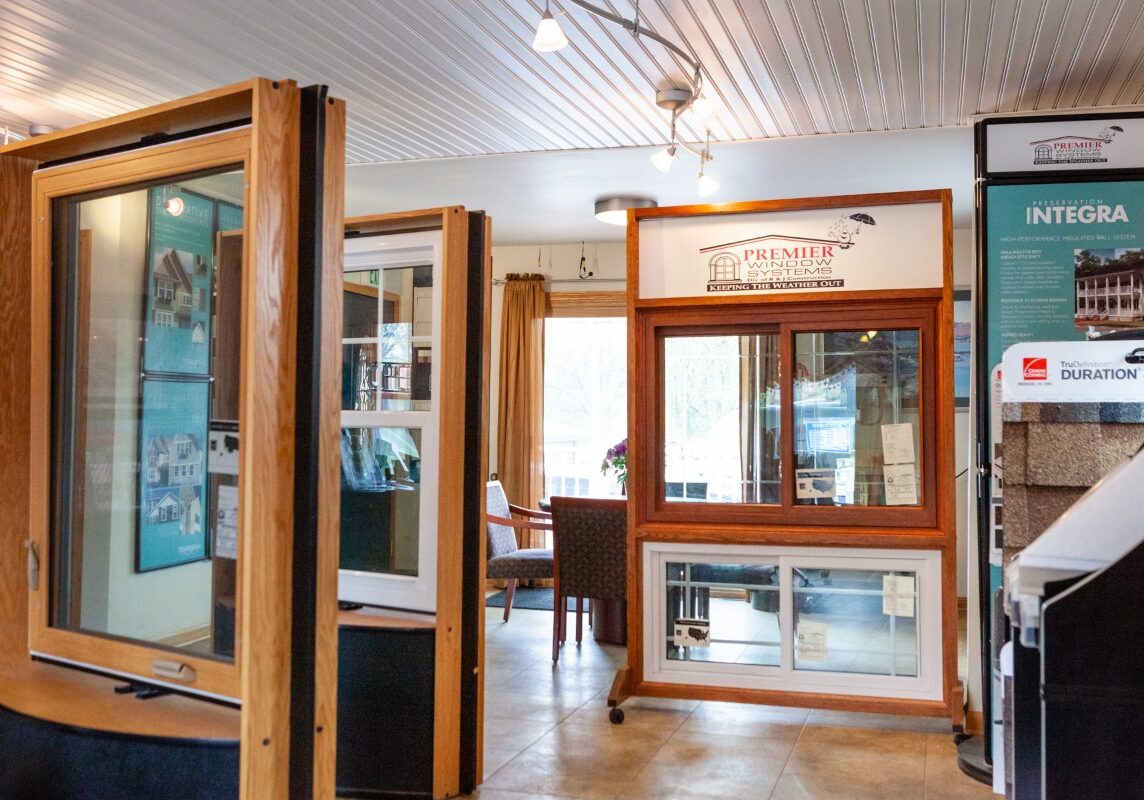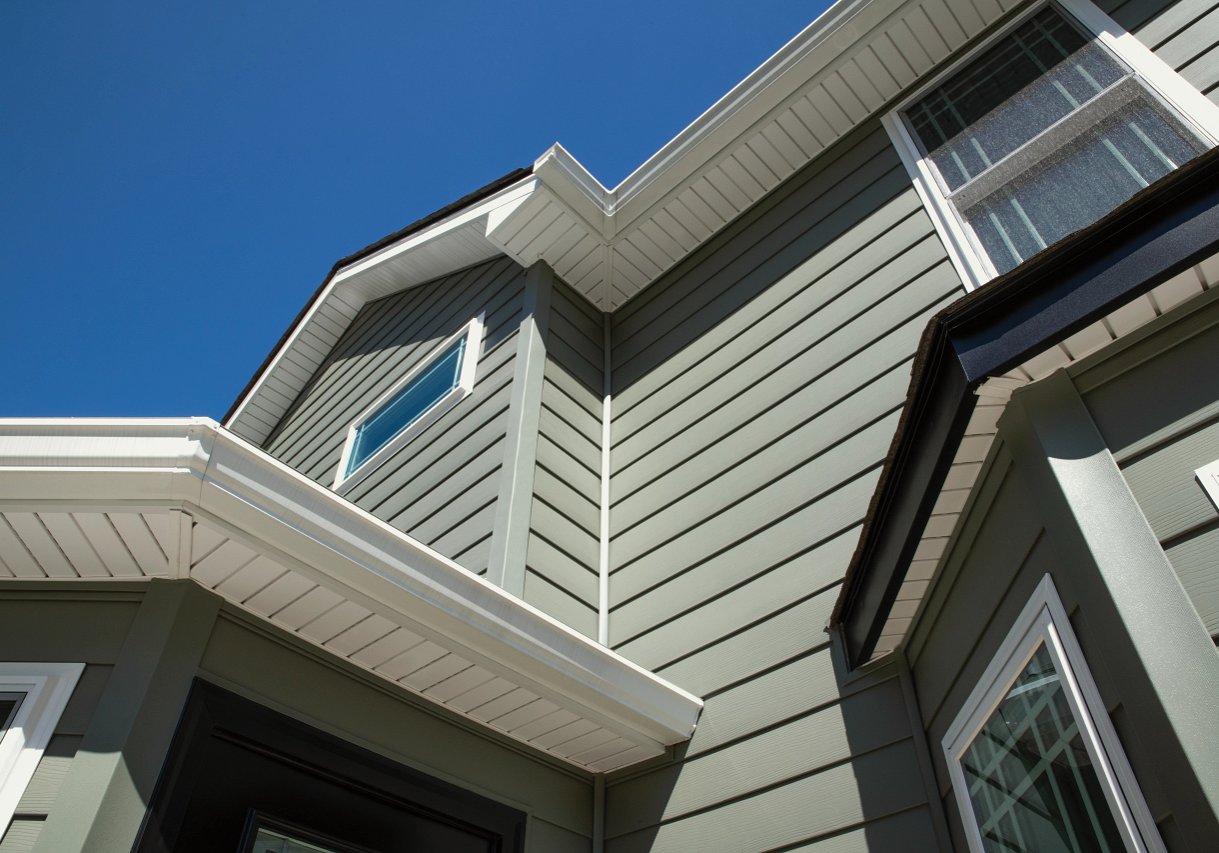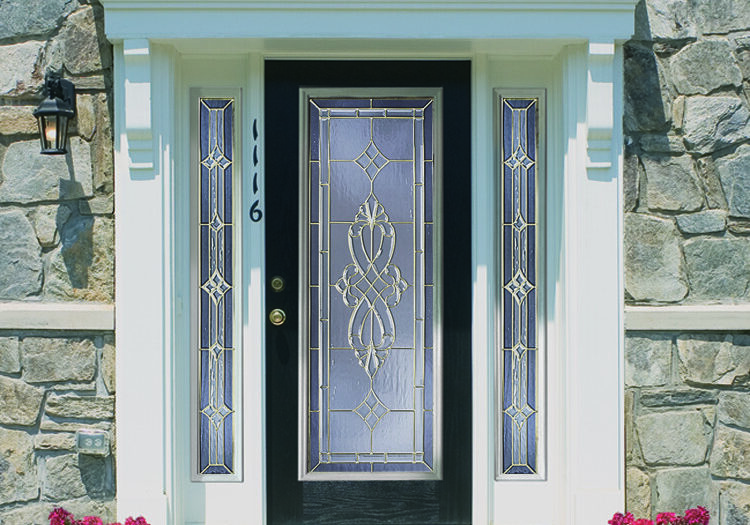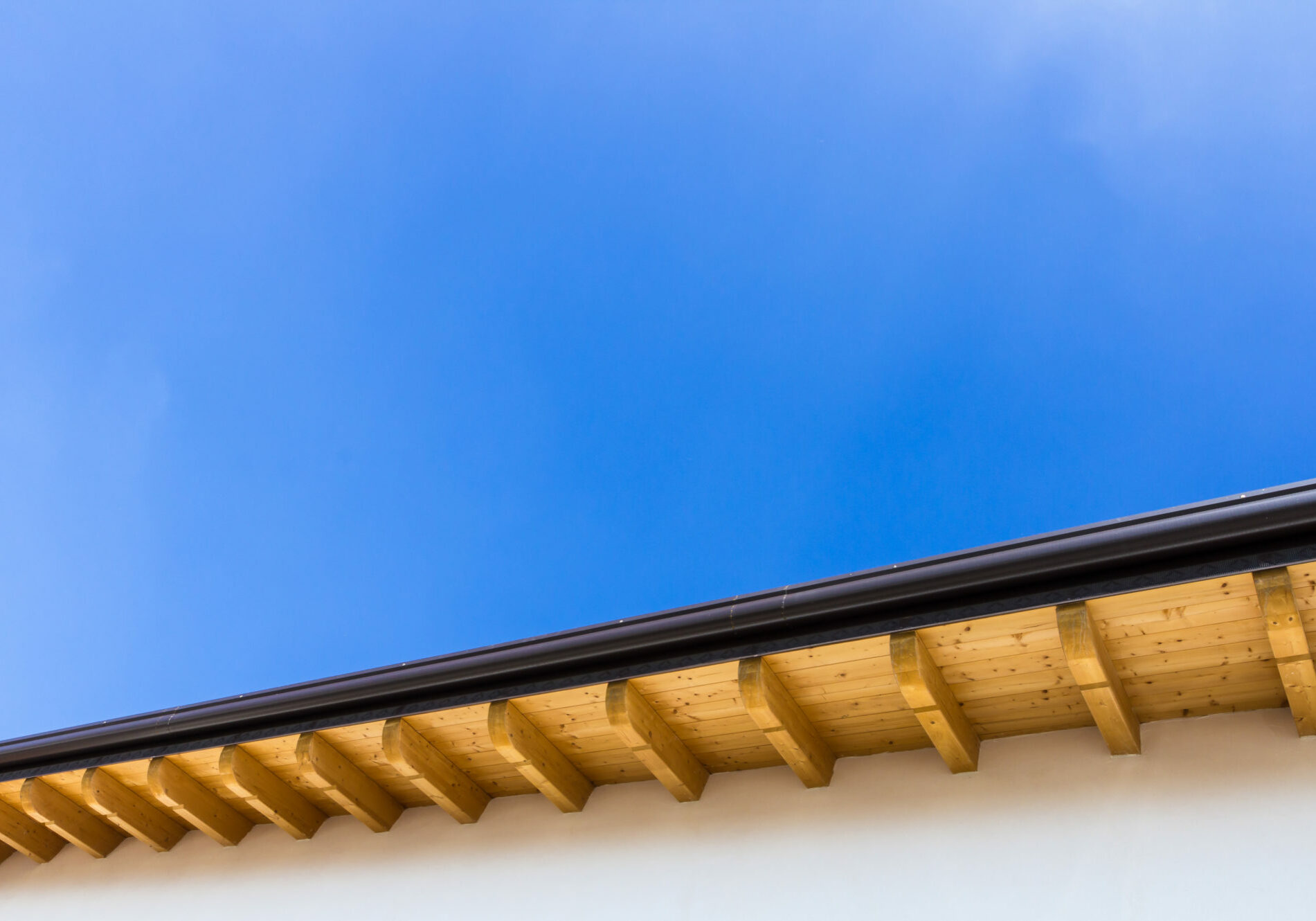FAQs
Vinyl Siding FAQ
When compared to wood, brick, stone, stucco and metal sidings on the basis of initial cost, maintenance costs, appearance,durablilty and value, vinyl siding is clearly superior. With a broad range of vinyl siding products, you can choose one that fits your needs. Vinyl never needs painting or staining, it doesn’t chip, peel, dent or rot, so you can forget costly repairs. Just rinse occasionally with a garden hose. Check out the Design showcase or the Virtual Home Makeover located under the specific manufacturer and see how your home will look completed. You can choose a variety of rich colors and a variety of classic siding profiles.
Not when it comes to siding. Vinyl siding’s outstanding features and benefits have made it the most popular siding material in America today. And because vinyl is the preferred siding for more and more homeowners, it retains most of its installed cost. It’s material of choice on new luxury homes… and the first choice for remodeling projects large and small.
Leading manufacturers offer a broad range of vinyl siding products. Vinyl siding never needs painting or staining. It doesn’t chip, peel ,dent or rot, so you can forget costly repairs.
Vinyl siding offers flexible design options that make it ideal for contemporary homes and stately century-old Victorians. You can choose from smooth or grained surfaces, rich or low-gloss colors and a wide variety of siding profiles. Check out the design centers under the Manufacturer’s name.
Vinyl siding is one of the most versatile exterior design products you can work with. The broad selection lets you choose a variety of design options, including horizontal and vertical siding; traditional clapboard and Dutch lap, authentically detailed “shaped” sidings, smooth or deep wood grains and a wide assortment of colors.
Yes, the correct technical name for the material used in vinyl siding is polyvinyl chloride. It’s a strong, durable proven material that has earned a solid reputation for its beauty and permanence. It’s used in automotive applications, medical devices, defense weapons, appliances, floor coverings and of course, home construction.
Ordinarily, the cleaning action of a rainfall will be adequate to wash your vinyl siding. However, vinyl siding and soffit should be washed periodically by hosing with a garden hose and clear water, particularly in those areas not exposed directly to rain. If you desire to do a more thorough cleaning, or where high soil collection conditions occur, use a soft-bristle, long-handle washing brush. It attaches to your garden hose and makes washing your siding easier.
Not really. You can have your vinyl siding installed in any season, but keep in mind that some contractors are more available during the off-seasons.
Replacement Windows FAQ
Basically there are three types of materials used. Aluminum windows, with their easily scratched painted surfaces, conduct both heat and cold, so they’re very poor insulators. Wood windows, which require constant painting and caulking, can absorb moisture, making them difficult to open and close. They can even rot. Solid vinyl windows, however, never need painting and won’t show scratches, because the color goes throughout the material. This is why vinyl windows are quickly becoming the most popular choice for both new construction and replacement applications.
There are two basic types of construction: Mechanically fastened windows are screwed together at the corners. And welded windows, becoming more and more popular, that use a chemical or heat process for joining. Check the product you purchase to determine if it is mechanically fastened or welded.
You should look for a window that offers both superior strength and energy efficiency The windows we sell are made with virgin vinyl, a full interlock at the meeting rail and insulated glass with the option of Low E and argon gas, double strength glass, laminated and impact glass.
You should give careful consideration to Low-E and argon gas. Low-E glass in an excellent barrier against ultraviolet rays which fade carpet, furniture, draperies, and even woodwork. Argon gas is colorless, odorless, nonflammable, nontoxic, and above all a safe, inert gas that is heavier than air. Not only does argon gas help to increase the energy efficiency of a window, but helps to make your home quieter as well.
No, because the frames and sashes are made of vinyl, you can say goodbye to painting and caulking. Vinyl windows won’t stick and with insulated glass you don’t have to remove storm windows in order to clean them. In fact, you can do it all from inside your home in most instances. An occasional wipe with a damp cloth will keep your windows looking new for years to come.
Since 80% of a window is glass, real heating and cooling savings come from what is known as “improved glass performance”, not a high R-Value on the frame. Low E and Argon gas combined with a spacing system with warm edge technology improves the performance and longevity of the insulated glass unit.
Yes, for a variety of reasons. First, you may realize savings on your heating and cooling bills. Second, they're virtually maintenance-free, which eliminates painting costs. And finally, they will add to the resale value of your home. According to Chicago Realtors Magazine reports that most homeowners re-coop 137% of return on their investment when replacing with high energy efficient vinyl windows.




